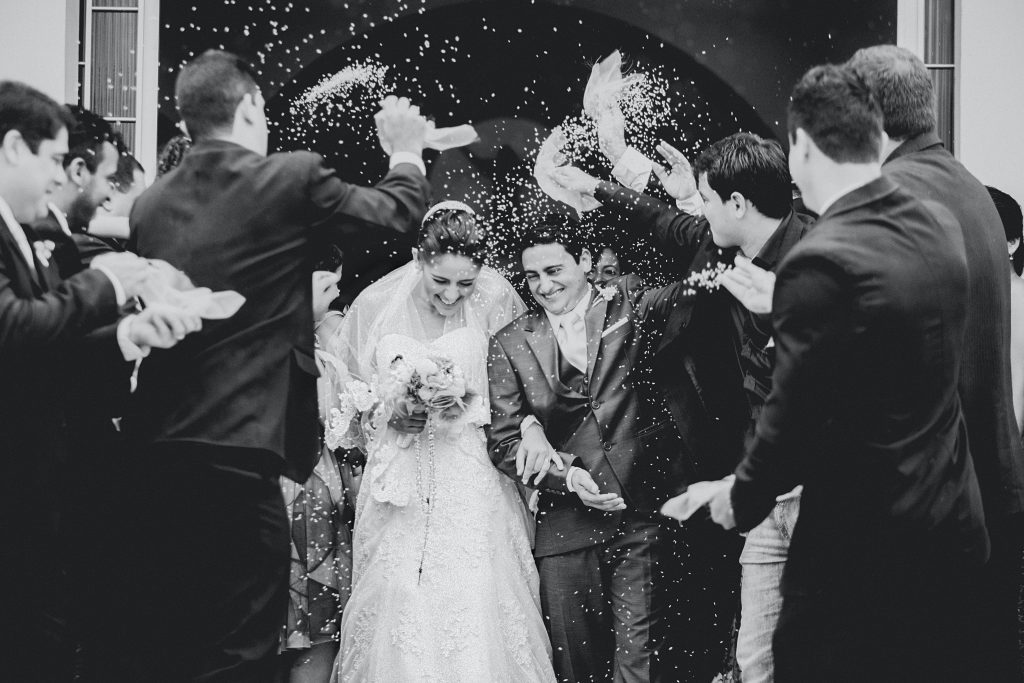Weddings are meant to be a happy occasion, where couples can celebrate their love for one another with their closest friends and family. Testing positive for COVID-19 afterwards, however, puts a big damper on the day. As the COVID-19 pandemic escalates across the world, more and more cases of wedding ‘super spreaders’ are being reported.
In South Africa, public gatherings of over 50 are currently banned which means that weddings as we know them cannot currently go ahead. Countries across the world have instilled similar regulations on public gatherings. However, many members of the public have broken these rules and continue to host large events. This has lead to these parties being called ‘super-spreaders’, as one COVID-19 positive person can spread the disease to several others.
The reality:
In July, 25 guests who attended a wedding in KwaZulu-Natal tested positive for COVID-19. A couple in San Francisco tried to sneakily have a wedding ceremony in the city’s iconic Saints Peter and Paul Church in August. Dozens of their loved ones, including friends and family, were present at the event and several of them were infected with COVID-19.
A wedding which took place in the Patna District of Bihar, a state in India, effectively started a COVID-19 chain as 113 people tested positive and the groom passed away. It has been reported that this was the largest chain of infection in the state thus far.
Breaking the rules:
In America, weddings are allowed but each state has differing rules on how they may continue. For many in the wedding industry, this has become a great concern as guests don’t follow health and safety regulations.
“Weddings are so different from going into a store or sitting in a restaurant for 45 minutes,” an anonymous wedding planner told the New York Times. “These receptions last for three, four hours, and everyone is in an indoor space, breathing the air. They aren’t wearing masks and they are dancing. And when they start drinking, it’s like there is no pandemic.”
“I am scared there is going to be an outbreak at one of my weddings and someone is going to die.”
While vendors can control the behaviour of their employees, it’s hard to tell a guest what to do. Sanitising stations can be set up, socially distanced seating arranged and a mask-wearing policy encouraged but in reality, it’s up to guests to follow those rules.
Vendors thus put themselves at risk to fulfill their contractual obligations, but cannot easily rely on strict safety protocols other businesses have enforced.
The way forward:
The South African wedding industry is desperate to get back to work after months of inactivity amid the pandemic. Before this happens, government will have to outline strict regulations to prevent further spread of the virus.
As with sit-down restaurants, wedding guests should be required to wear a mask at all time except for eating and drinking. It is likely that government will also require guests to fill in health questionnaires, and be subjected to temperature testing. This responsibility will fall on wedding vendors.
The issue is enforcing social distancing on such a special day where people will naturally want to hug one another and celebrate.
Once weddings do continue, they will be nothing like before. We will all have to adjust our behaviours to celebrate responsibly, and help protect the health of others.
Feature image: Unsplash
















